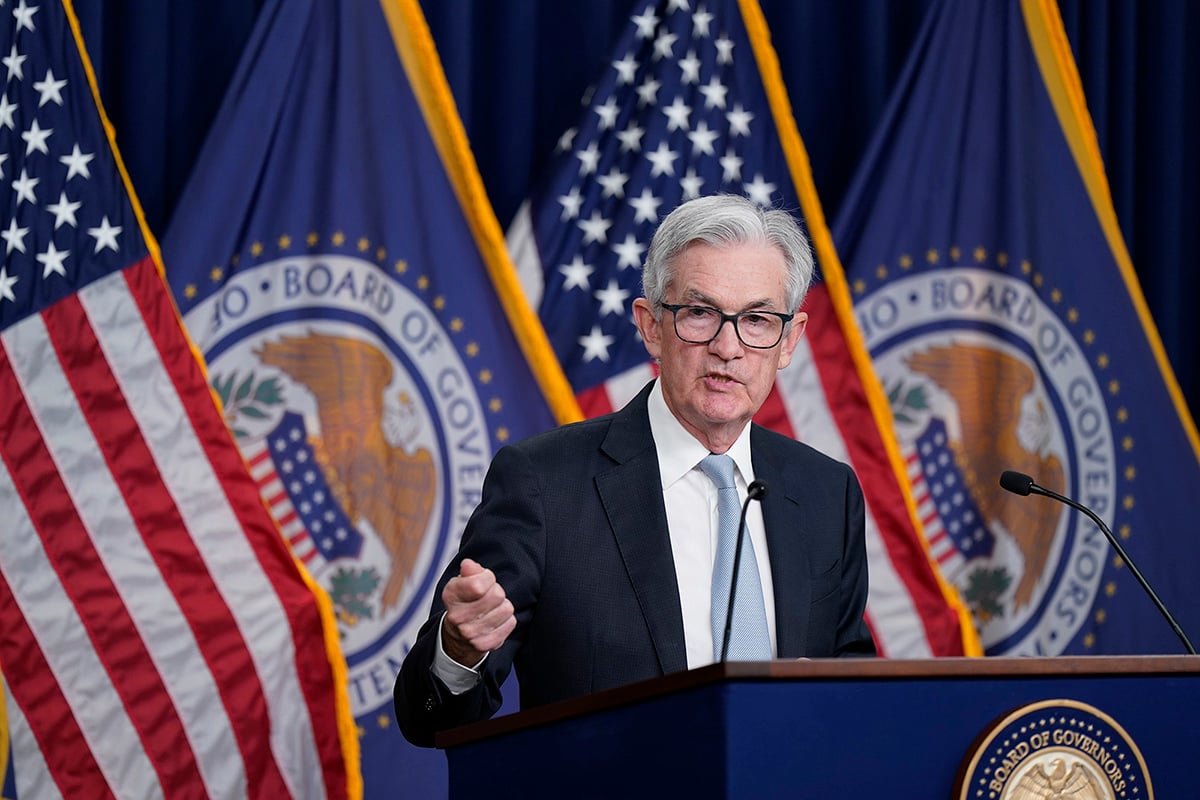A U.S. program that backstops insurance companies' losses fromacts of terrorism is set to end after the Senate adjourned withoutextending it.
|Efforts to reauthorize the Terrorism Risk Insurance Act (TRIA)for six years fell apart after Senator Tom Coburn, an OklahomaRepublican who is retiring, held up the legislation. Without arenewal, the program will expire Dec. 31.
|“It's unfortunate, but his objection is going to kill TRIA,”Majority Leader Harry Reid, a Nevada Democrat, said last night onthe Senate floor. “I'm very sorry about that, but it's a fact.”
|Congress first passed the backstop after the terrorist attacksof Sept. 11, 2001, when insurers said they were hesitant to sellcoverage on New York City office buildings. Coburn's objectionstemmed from concerns over the underlying policy and a plan to setup a regulatory body to supervise insurance agents and brokers.
|Taxpayers assume most of the risk while “the insurance industrymakes all the money,” Coburn said last night.
|The House passed an extension on Dec. 10 that would reimburseinsurers after industrywide losses reach $200 million, comparedwith $100 million under the current law. The House measure wouldalso increase companies' co-payments to 20 percent from 15 percentand gradually raise the threshold for government involvement.
|In approving the extension, the House added an unrelatedprovision tied to the Dodd-Frank financial-regulation overhaul thatcomplicated the bill's prospects. While the Senate had approved itsown reauthorization of the insurance program in July, the changesmade by the House last week meant the Senate had to take the billup again.
|Senator Charles Schumer, a New York Democrat, said he warnedHouse Majority Leader John Boehner weeks ago that the modifications“risked killing terrorism insurance.” He urged lawmakers to pass anextension quickly, because “billions of dollars of projects andhundreds of thousands of jobs are at risk,” according to astatement.
|'Profoundly Disappointed'
|The Property Casualty Insurers Association said it was“unconscionable” that the Senate would leave without extending theprogram.
|“PCI is profoundly disappointed by the dysfunction in Washingtonand we urge the next Congress to address a long-termreauthorization” immediately when they convene in January, DavidSampson, the group's president said in a statement.
|If the program lapses at the end of the year, insurers will havethe right to cancel terrorism policies after Jan. 1, Howard Kunreuther and Erwann Michel-Kerjan wrote wrote forBloomberg Businessweek in the Dec. 9 issue. They are likely to doso for fear of insolvency should a massive terrorist attack takeplace with no government backup, according to the two academics,who wrote a paper on the law's impact for the Wharton RiskCenter.
|Kunreuther and Michel-Kerjan asserted that a lapse could lead tocancellation of events such as the Super Bowl, a contentiondisputed by the National Football League.
|“The Super Bowl will be played,” Greg Aiello, the NFL's seniorvice president of communications, said in a statement reported bynews organizations including ABC and CNN.
|The legislation is S. 2244.
|Copyright 2018 Bloomberg. All rightsreserved. This material may not be published, broadcast, rewritten,or redistributed.
Complete your profile to continue reading and get FREE access to Treasury & Risk, part of your ALM digital membership.
Your access to unlimited Treasury & Risk content isn’t changing.
Once you are an ALM digital member, you’ll receive:
- Critical Treasury & Risk information including in-depth analysis of treasury and finance best practices, case studies with corporate innovators, informative newsletters, educational webcasts and videos, and resources from industry leaders.
- Exclusive discounts on ALM and Treasury & Risk events.
- Access to other award-winning ALM websites including PropertyCasualty360.com and Law.com.
*May exclude premium content
Already have an account? Sign In
© 2024 ALM Global, LLC, All Rights Reserved. Request academic re-use from www.copyright.com. All other uses, submit a request to [email protected]. For more information visit Asset & Logo Licensing.






